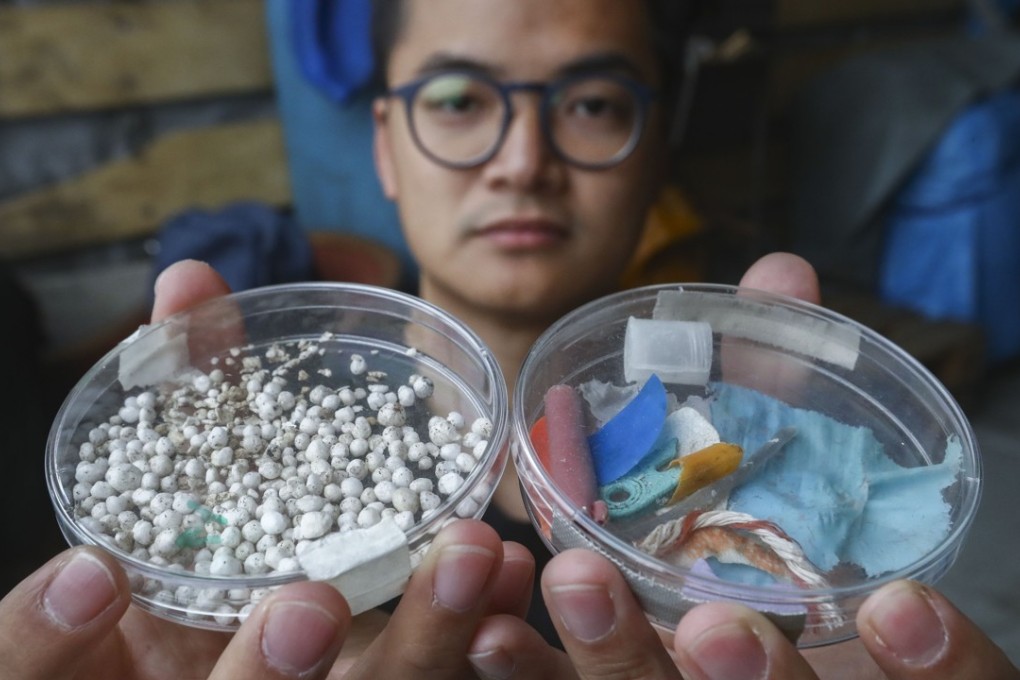Ocean plastic pollution: Hong Kong must act before risks to marine and human life multiply

Earlier, microplastic levels in local beaches were revealed to be as high as 5,500 pieces per square metre, or more than twice the level seen in the US, and higher than the average international level.
Now we find that 60 per cent of the wild flathead grey mullet, a fish species common in Chinese meals, contain microplastics, with an average of 4.3 fragments per fish. Researchers said one fish examined had 80 fragments, which is terrifying.
Straw smog: scientists concerned about epic plastic pollution
Worrying findings in the HKUST study included evidence that microbeads, tiny plastic pellets added to many beauty and personal care products, can produce irreversible damage to marine species.
So, it’s a fair assumption that if we consume these contaminated marine species, they would in turn cause irreversible damage to our health as well.
The green policies set out by the Hong Kong government have evidently not produced satisfactory results.